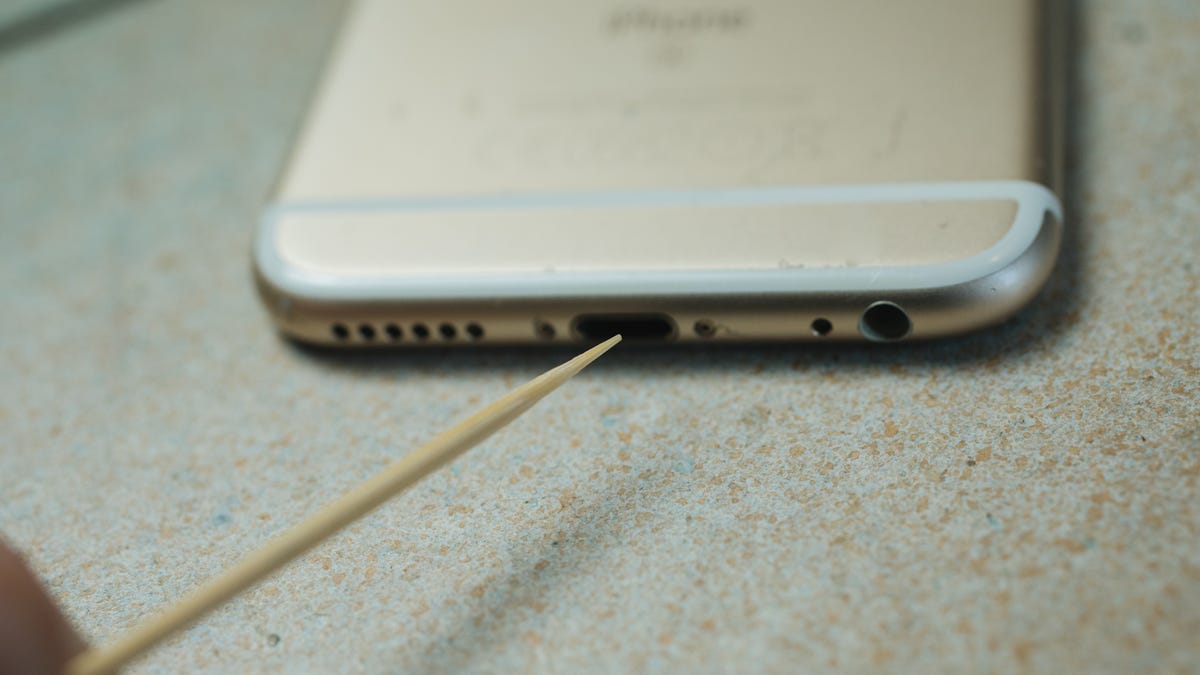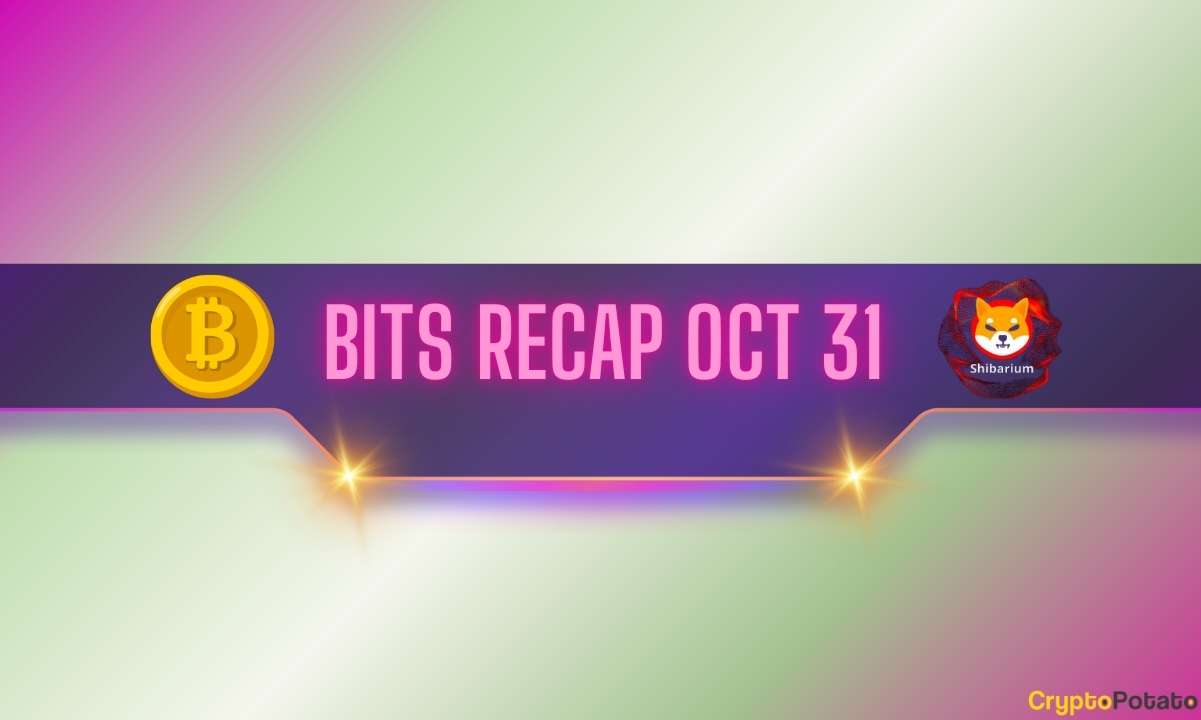The block drops, and you slip it into place. The line zaps away. The score multiplier blinks a new, higher number. The next block falls. The repetition of Tetris is engrained in gaming history. Despite 40 years and over 50 titles sporting the Tetris name, every iteration has been essentially the same. How do you analyze the history of a game that hasn’t changed? Digital Eclipse’s first real attempt to do so with the interactive documentary Tetris Forever presents players with that very question.
Digital Eclipse, now owned by Atari, has built its legacy in gaming by obsessing over gaming’s legacy. Judging by what I saw with Tetris Forever, the team’s attention to detail hasn’t changed since the studio’s 2023 acquisition. We previously wrote about the painstaking process Digital Eclipse goes through to revitalize older games, including the studio’s last multi-game documentaries, Worms Armageddon: Anniversary Edition and Atari 50: The Anniversary Celebration.
 © Image: Digital Eclipse
© Image: Digital EclipseTetris Forever is an expansive look into the depths of the line-clearing puzzle game’s early history, from Alexey Pajitnov’s original design on the Electronika 60—which lacked a scoring system, music, or colors—through publisher Henk Rogers’s famed distribution scheme to now, where it remains the highest-selling game of all time. It’s a much more sober history lesson than the 2023 film with all its spy thriller antics. Like Digital Eclipse’s other titles, the game is formatted like a timeline. You can see original design documentation for the original title and watch interviews with developers and other notable folk in the gaming industry. Then, you can actually play some of these historical versions of the classic puzzle game.
Tetris aficionados might scoff at the fact there are only 15 different versions of Tetris on the disc. That’s due to the current morass of Tetris licensing. The game is the most ported title ever, securing a place in the Guinness World Records. It’s also a game in perpetual licensing hell. Atari owns versions, yes, but many more companies as varied as Microsoft and Warner Bros.
There’s no precise emulation of the classic Game Boy version of Tetris Forever. Nintendo owns that license, and it’s not giving it up. However, the game features a few titles, like Tetris Battle Gaiden, that never officially saw their way out of Japan. There are also a few relatively unknown versions of Tetris, like Super Bombliss, that see players dealing with blocks that can explode and destroy multiple lines in a single go.
Then, there’s the all-new version of Tetris. Jason Cirillo, the lead programmer on the game, sat beside me to watch me utterly fail to clear lines in Tetris Forever’s all-new Time Warp mode. It’s your regular game of Tetris, except for the occasional odd-looking “Time Warp” block that comes down once you clear ten lines. Every time you clear a line with that special block, you’re transported into a different version of Tetris from four periods: 1984, 1989, 1993, and If you can beat a timed challenge in that other zone, you can score more bonus points.
Time Warp is also available for head-to-head multiplayer. In this mode, when you clear a line with a Time Warp block, you send your opponent back to a version of Tetris. While battling their way out, they can’t defend against any attacks.
 Henk Rogers sits across from Alexey Pajitnov during an interview for Digital Eclipse’s upcoming Tetris Forever. © Image: Digital Eclipse
Henk Rogers sits across from Alexey Pajitnov during an interview for Digital Eclipse’s upcoming Tetris Forever. © Image: Digital EclipseEither way, it’s still Tetris. Cirillo told Gizmodo how their team had designed Time Warp from the ground up, thinking they were making another Tetris game. Then, when they presented their work to the Tetris Company, run by the scions of Rogers, they received page upon page of all the minute issues that needed to change to make it a “real Tetris game.” The Tetris company determines the size of the field of play, the shape of blocks, and other minute details down to the millisecond it takes a block to fall.
“At first, I was annoyed, but then I realized that’s exactly the sort of thing we do,” Cirillo said. The Tetris Company may be exacting in its preservation of Tetris’ legacy, but Digital Eclipse built its whole modern brand on doing everything to make a classic game feel like the original, as if you’re being transported back in time and are playing the game under the soft glow of a CRT.
Some versions of Tetris, including the earliest DOS versions, didn’t include any music at all. Digital Eclipse did include a black and white Game Boy-like recreation of the classic Tetris, though it technically does not use the same song from that version, even if it sounds very similar. From what I played, there’s something so detailed yet distinct about these emulations. This latest game in the long-running series doesn’t even seem like an interactive documentary, as much as it is a new chapter. It’s the game that keeps on going, no matter how many lines you clear.
Tetris Forever will be released on Nov. 12 on all modern consoles, including the PlayStation 4 and Xbox One, as well as Steam and GOG for the PC. Digital Eclipse hasn’t yet determined if it’s making a physical edition, but that would have to come later.







:quality(85):upscale()/2024/10/31/831/n/49351773/b7bf33836723d2f0643c55.51137847_.jpg)

 English (US) ·
English (US) ·